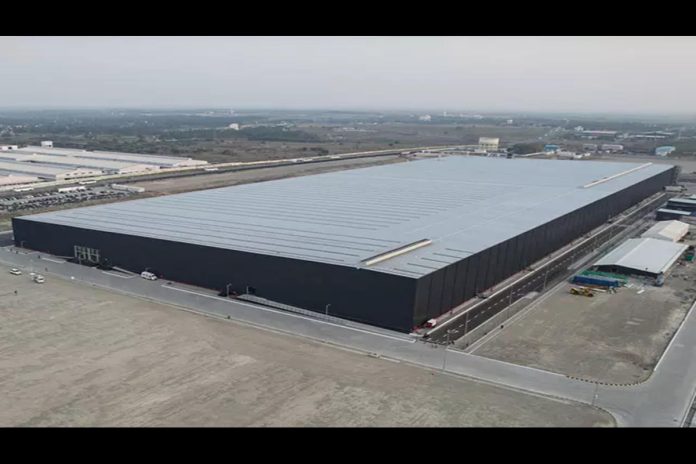India’s first gigafactory, a manufacturing facility for rechargeable batteries for electric vehicles (EV), is set to be operational by next year, according to Bhavish Aggarwal, the founder and CEO of Ola Electric.
In an interview with ETNow, Aggarwal stated that the gigafactory will use Indian-manufactured cells, which will help reduce costs.
Initially, the factory will have a capacity of 5 GWh, but at full scale, it will become the world’s largest battery manufacturing unit with a capacity of 100 GWh.
“By early next year, we will actually make the gigafactory operational and start using our own Indian-manufactured cells and that is going to be a very important initiative to reduce cost further,” said Aggarwal.
Aggarwal also addressed the current situation where batteries for Indian consumption have to be imported.
“We import it from Korea. It makes up for almost one-third or sometimes even 40 per cent of the EV manufacturing cost,” said the founder.
In the past two and a half years, Ola Electric has been dedicated to manufacturing Lithium-ion technology cells within the country, he added.
Aggarwal emphasised the importance of not just cost, but also self-reliance in meeting their energy requirements for producing products in India.
Ola Electric’s CEO stated that the company’s focus for the next three years will be to double the sales of its existing products.
“We want every Indian to have our product as well international market,” said Aggarwal.
Ola Electric on Tuesday (15 August) unveiled its new entry-level electric scooter, the S1X, at an introductory price of Rs 79,999.
In addition, the company showcased four electric motorcycles that are scheduled to be released by the end of 2024.
The Ola Electric CEO believes that the pricing of the company’s electric vehicles (EVs) makes them a better option than internal combustion engine (ICE) vehicles.
He emphasised that not only are EVs now priced equally to ICE scooters, but they are also more cost-effective to use due to the accessibility and affordability of electricity compared to petrol. Additionally, EV vehicles are more efficient overall.
According to him, the operating cost of an electric vehicle (EV) is approximately one-tenth or even lower compared to that of a petrol vehicle.


